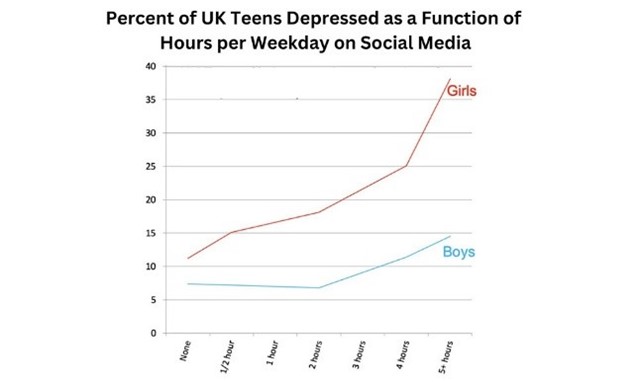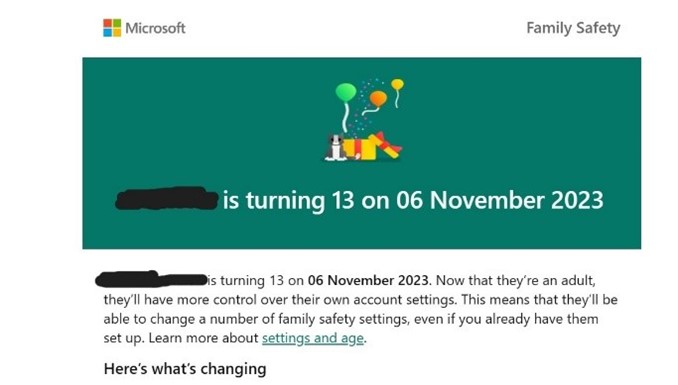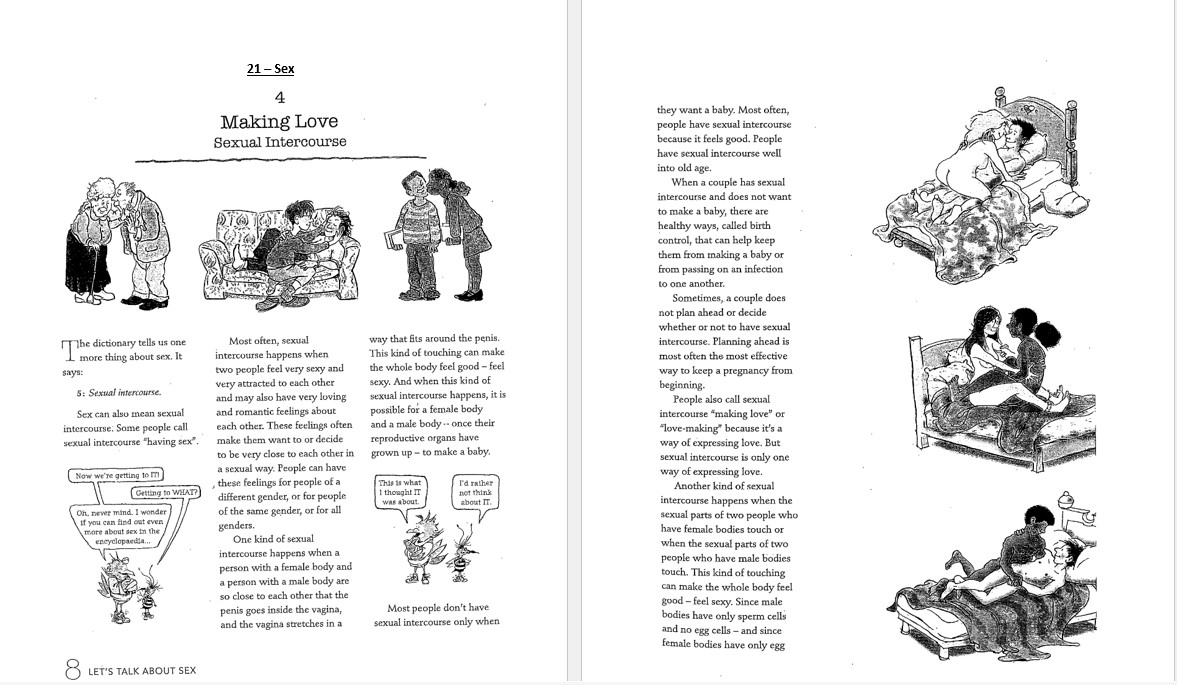One of the largest and longest running studies of social attitudes, the World Values Survey, has found that UK families value their child’s “self-expression” more than the importance of children doing what they are told. The number of British people who thought that children should be taught obedience fell from 42% in 1990 to just 12% in 2022. The team leading the survey from the Policy Institute at King’s College London said the results reflect the move towards the UK becoming a more liberal and individualistic society, a trend which gained more momentum in the 1990s.
Professor Bobby Duffy, Director of the Policy Institute, said: ‘We see a move towards more self-expression, which goes hand in hand with things like the decline of some key norms that have traditionally placed more value on obedience, such as the attachment to organised religion, and is mirrored in our hugely increased acceptance of a wide range of lifestyles and characteristics, whether that’s on sexuality, ethnicity or religion.’
While many people may applaud this as a sign of a more tolerant and happier society, behind the façade of freedom, our children and young adults are in fact becoming increasingly unhappy. The recent Girl Guiding Girl Attitudes Survey found that girls’ lives are dramatically worse than when the survey began in 2009, ‘with a steady decline in girls’ happiness year on year, girls’ happiness levels have reached an all-time low.’
‘The number of girls (67%) feeling more sad, anxious or worried is at an all-time high (increasing from 53% aged 7-10, to 70% aged 11-16 and 78% aged 17-21) with only 63% of girls now describing themselves as ‘happy most of the time’ – down from 88% in 2009 and 81% in 2018, according to the research.
‘Sadly, for younger girls the decline in happiness appears even greater with only 25% of girls aged 7-10 reporting they feel ‘very happy most of the time’ compared to 43% in 2018. The research found 32% of all girls feel ‘unhappy most of the time’ and 62% of girls aged 7-21 have felt lonelier over the last year, with this even higher for LGBQ+ girls (77%). The feeling of loneliness was also found to increase with age, from 54% for girls aged 7-10, to 60% aged 11-16 and 72% aged 17-21.’
It is well-documented that social media use has an extremely negative impact on girls. The CDC’s bi-annual Youth Risk Behavior Survey showed that most teenage girls (57%) now say that they experience persistent sadness or hopelessness (up from 36% in 2011), and 30% of teen girls now say that they have seriously considered suicide (up from 19% in 2011).

The evidence linking social media use with depression in children is stark, yet tech companies seem to be ignoring the fact that children need more adult supervision on internet devices and smartphones, not less. My youngest daughter turns 13 in November, and while she does have a smartphone (something I now wish I had not given into during the first year of secondary school), she is not allowed social media apps such as TikTok and Snapchat. I use an online monitoring system to prevent her viewing harmful sites online and receive notifications of any worrying activity. I also use location devices on her phone and family safety settings on her laptop, which her school now requires her to take to lessons everyday as part of a move to digital learning.
Bearing in mind that 13 is supposed to be the official minimum age when children are allowed to have their own social media profiles, I was horrified to get an email from Microsoft recently informing me that as my daughter would be an ‘adult’ in November, they would be turning off parental safety settings.

It’s unfathomable that any organisation could consider that a 13-year-old is an adult, especially one which understands children are at serious risk of harm if they are allowed unsupervised online access on laptops and smartphones.
Bearing in mind that the Government says it is addressing these issues with its Online Safety Bill, this does beg the question of how they are going to make this legally workable if tech giants like Microsoft consider that an early teen is no longer a child?
teen is no longer a child?
This blurring of the boundaries between adults and children is a part of a downward spiral towards treating young teenagers as adults – one which is further exacerbated by the drift towards schools and organisations referring to children as ‘young people’. At a recent parent’s assembly at my elder daughter’s new school, the head of PHSE presented her programme on sex education by stating to parents that “our young people need agency and independence in their sex education” whilst proceeding to tell us about tackling subjects such as “sexual pleasure” in the classroom. Maybe to indoctrinated woke teachers, teaching ‘young people’ about sex and LGBTQ+ lifestyles sounds harmless. But what is really happening is that adults are explaining explicit, adult sexual fetishes to underage children and telling them that dangerous sex practices are healthy and normal. In the age of ‘love is love’, self-expression rules over all and it doesn’t matter who has sex with whom or how old they are, so long as everyone ‘consents’.

The liberals currently wringing their hands over Russell Brand’s sexual proclivities (the alleged sexual assaults are a matter for the police to handle), stayed silent all through the 1990s and early 2000s when his promiscuous and outrageous behaviour catapulted him to fame as a tv presenter and actor. Where was the outrage when Brand asked presenter Vanessa Feltz if he could sleep with her then teenage daughters during a tv interview? Brand denies the allegations, stating that all sexual relationships were consensual.
There it is again – consent – the ‘get out of jail’ free card that is taught to all children in school as part of their relationships, health and sex education (RHSE) lessons. Marriage doesn’t even get a look in during these lessons, as there is no framework for when and with whom teenagers should start having sex, as long as all sexual partners consent.
Except it does matter. It is no coincidence that the rise in liberalism and individualism is going hand in hand with a downward spiral in happiness. The decline in marriages and increase in divorces has led to a decline in family stability for children, which in turn leads to higher rates of depression and anxiety for children with divorced parents.
Many young adults aren’t even considering marriage. As a survey conducted by the Thriving Center of Psychology found earlier this summer, two in five millennials and Gen Zers (ages 18 to 42) view marriage as an “outdated tradition,” a mindset held by 41% of men and 52% of women.
85% said marriage is not necessary to have a fulfilled and committed relationship, while another 73% believe that getting married in the current economy is too expensive.
However, new research from the University of Chicago (July 2023) reports that marriage is the ‘most important’ factor of who is happy in America, and that falling marriage rates are a main reason why happiness has declined nationwide.
The research revealed a 30% happiness divide between married and unmarried Americans. This happiness boost held true for both men and women.
The researcher, Sam Peltzman, states, ‘Low happiness characterises all types of the non-married.’ Other factors do matter – including income, educational achievement, race and geography – but marital status is the most influential when it comes to predicting happiness in the study. Peltman concludes, ‘This difference is stable over time. It is about the same whether the unmarried state is due to divorce, separation, death of spouse or never having married.’
Far from being outdated, marriage is the glue that holds together the family, as explained so eloquently by author Louise Perry at our annual conference in June. Louise’s book The Case Against the Sexual Revolution is a must-read about why marriage and family are so important in the 21st century.
It is time that other ‘outdated’ values made a return to society and were taught as a priority in schools. Imagine a PSHE curriculum that focussed on resilience, faithfulness, duty, honour, respect, fidelity and honesty? I suspect teaching traditional morals along with opportunities to take part in voluntary work to see these characteristics in action would go a long way to rebuild not only society, but the mental health of our children and young adults.
Lucy Marsh is the PR and Communications Officer at Family Education Trust